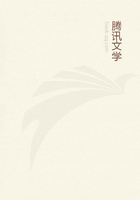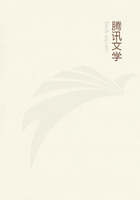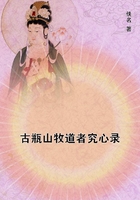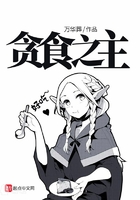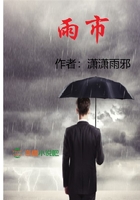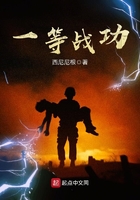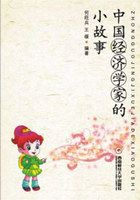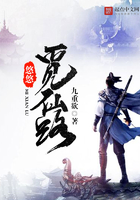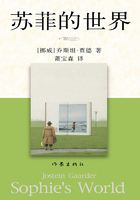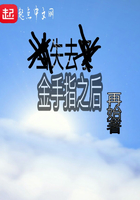Our small group consisting of four mounted and one pack camel moved northward along the valley of the River Boyagol in the direction of the Tarbagatai Mountains. The road was rocky and covered deep with snow. Our camels walked very carefully, sniffing out the way as our guide shouted the "Ok! Ok!" of the camel drivers to urge them on. We left behind us the fortress and Chinese dugun, swung round the shoulder of a ridge and, after fording several times an open stream, began the ascent of the mountain. The scramble was hard and dangerous. Our camels picked their way most cautiously, moving their ears constantly, as is their habit in such stress. The trail zigzagged into mountain ravines, passed over the tops of ridges, slipped back down again into shallower valleys but ever made higher and higher altitudes. At one place under the grey clouds that tipped the ridges we saw away up on the wide expanse of snow some black spots.
"Those are the obo, the sacred signs and altars for the bad demons watching this pass," explained the guide. "This pass is called Jagisstai. Many very old tales about it have been kept alive, ancient as these mountains themselves."We encouraged him to tell us some of them.
The Mongol, rocking on his camel and looking carefully all around him, began his tale.
"It was long ago, very long ago. . . . The grandson of the great Jenghiz Khan sat on the throne of China and ruled all Asia. The Chinese killed their Khan and wanted to exterminate all his family but a holy old Lama slipped the wife and little son out of the palace and carried them off on swift camels beyond the Great Wall, where they sank into our native plains. The Chinese made a long search for the trails of our refugees and at last found where they had gone. They despatched a strong detachment on fleet horses to capture them. Sometimes the Chinese nearly came up with the fleeing heir of our Khan but the Lama called down from Heaven a deep snow, through which the camels could pass while the horses were inextricably held. This Lama was from a distant monastery.
We shall pass this hospice of Jahantsi Kure. In order to reach it one must cross over the Jagisstai. And it was just here the old Lama suddenly became ill, rocked in his saddle and fell dead. Ta Sin Lo, the widow of the Great Khan, burst into tears; but, seeing the Chinese riders galloping there below across the valley, pressed on toward the pass. The camels were tired, stopping every moment, nor did the woman know how to stimulate and drive them on. The Chinese riders came nearer and nearer. Already she heard their shouts of joy, as they felt within their grasp the prize of the mandarins for the murder of the heir of the Great Khan. The heads of the mother and the son would be brought to Peking and exposed on the Ch'ien Men for the mockery and insults of the people. The frightened mother lifted her little son toward heaven and exclaimed:
"'Earth and Gods of Mongolia, behold the offspring of the man who has glorified the name of the Mongols from one end of the world to the other! Allow not this very flesh of Jenghiz Khan to perish!'
"At this moment she noticed a white mouse sitting on a rock nearby.
It jumped to her knees and said:
"'I am sent to help you. Go on calmly and do not fear. The pursuers of you and your son, to whom is destined a life of glory, have come to the last bourne of their lives.'
"Ta Sin Lo did not see how one small mouse could hold in check three hundred men. The mouse jumped back to the ground and again spoke:
"'I am the demon of Tarbagatai, Jagasstai. I am mighty and beloved of the Gods but, because you doubted the powers of the miracle-speaking mouse, from this day the Jagasstai will be dangerous for the good and bad alike.'
"The Khan's widow and son were saved but Jagasstai has ever remained merciless. During the journey over this pass one must always be on one's guard. The demon of the mountain is ever ready to lead the traveler to destruction."All the tops of the ridges of the Tarbagatai are thickly dotted with the obo of rocks and branches. In one place there was even erected a tower of stones as an altar to propitiate the Gods for the doubts of Ta Sin Lo. Evidently the demon expected us. When we began our ascent of the main ridge, he blew into our faces with a sharp, cold wind, whistled and roared and afterwards began casting over us whole blocks of snow torn off the drifts above. We could not distinguish anything around us, scarcely seeing the camel immediately in front. Suddenly I felt a shock and looked about me.
Nothing unusual was visible. I was seated comfortably between two leather saddle bags filled with meat and bread but . . . I could not see the head of my camel. He had disappeared. It seemed that he had slipped and fallen to the bottom of a shallow ravine, while the bags which were slung across his back without straps had caught on a rock and stopped with myself there in the snow. This time the demon of Jagasstai only played a joke but one that did not satisfy him. He began to show more and more anger. With furious gusts of wind he almost dragged us and our bags from the camels and nearly knocked over our humped steeds, blinded us with frozen snow and prevented us from breathing. Through long hours we dragged slowly on in the deep snow, often falling over the edge of the rocks. At last we entered a small valley where the wind whistled and roared with a thousand voices. It had grown dark. The Mongol wandered around searching for the trail and finally came back to us, flourishing his arms and saying:
"We have lost the road. We must spend the night here. It is very bad because we shall have no wood for our stove and the cold will grow worse.
With great difficulties and with frozen hands we managed to set up our tent in the wind, placing in it the now useless stove. We covered the tent with snow, dug deep, long ditches in the drifts and forced our camels to lie down in them by shouting the "Dzuk!
Dzuk!" command to kneel. Then we brought our packs into the tent.
My companion rebelled against the thought of spending a cold night with a stove hard by.

